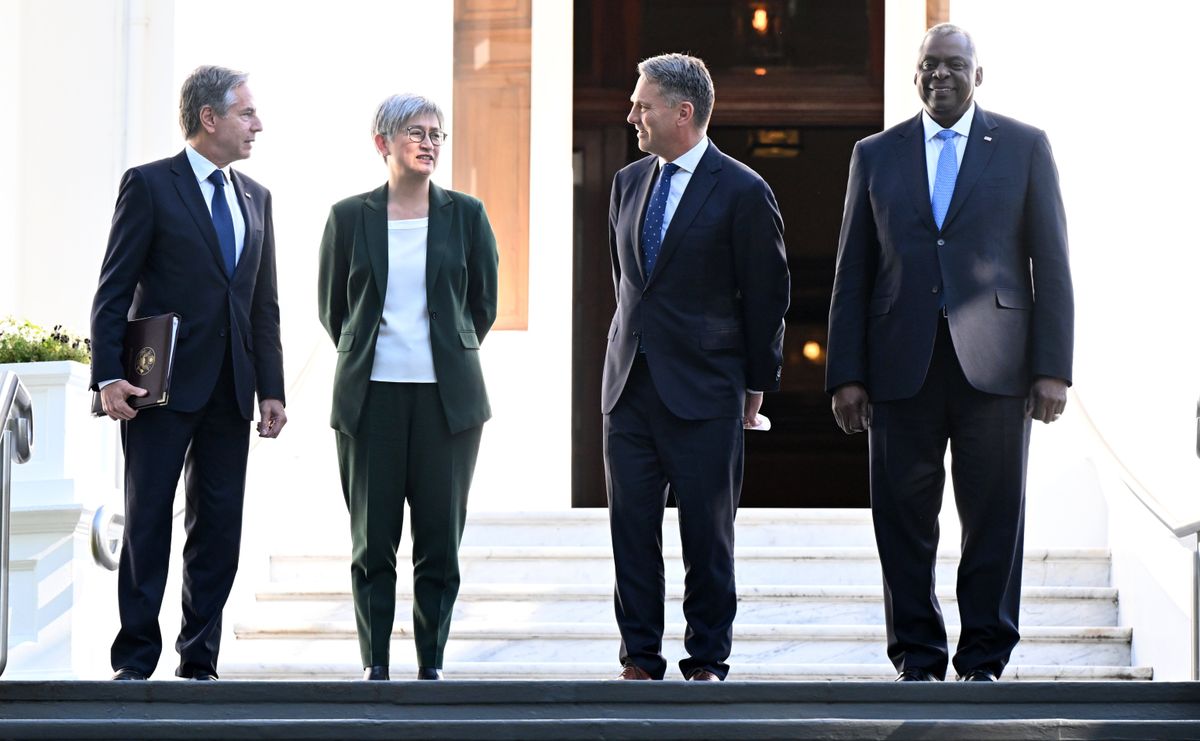Canadian politicians and observers are wondering what he meant by “other partners.” A May report suggested Canada was keen to cooperate with the trilateral group in its second phase. This suggestion came after the Liberal government had previously said it had no interest in taking part and neither wanted nor needed nuclear submarines. The White House has said there are no plans to invite Canada to join the pact. But that may not preclude cooperation in the second phase, like New Zealand.
Last week, US Senator Dan Sullivan criticized Canada for its low military spending. While questioning Lt.-Gen. Gregory Guillot during his confirmation process to head the North American Aerospace Defence Command, Sullivan quizzed Guillot one whether the US could count on him to have “tough conversations” with Canada on the matter.
Canada has long been pressured by allies to spend more on defense. In April, a report suggested that PM Justin Trudeau told allies he has no intention of hitting the 2% of GDP military spending target. In response to Sullivan’s criticism, Trudeau defended Canada’s military spending, including a pledge of roughly CA$40 billion to modernize NATO and the recent purchase of a fleet of F-35 fighter jets. But whether that’s enough depends on whether allies believe it’s enough – and Canada’s participation in AUKUS, or its absence, may indicate how the United States, Australia, and the United Kingdom really feel about that.






